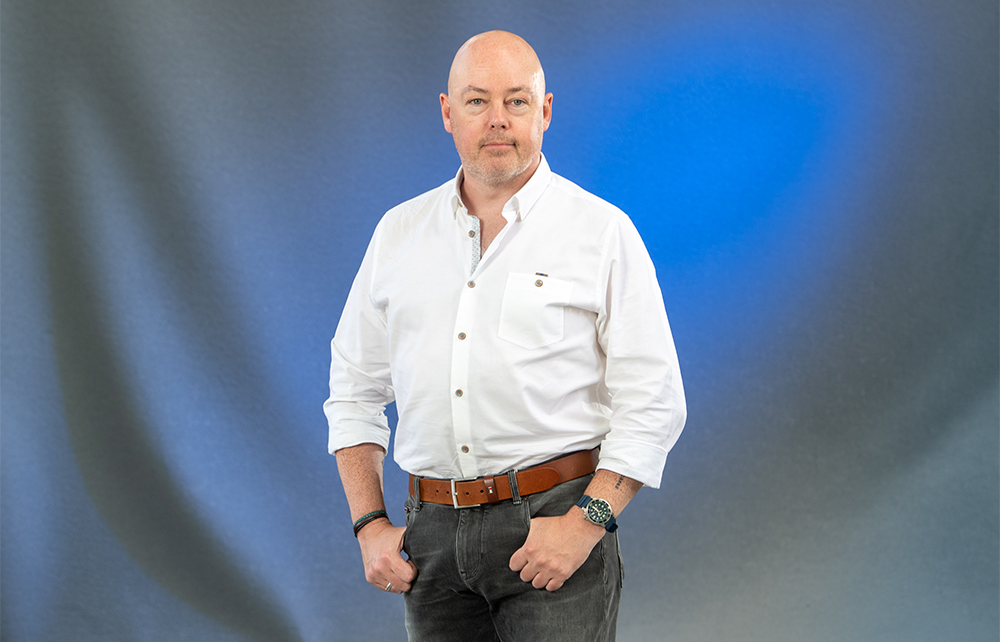At the end of John Boyne’s novel Earth, Evan Keogh, a conscience-stricken young footballer, hands evidence of his connivance in a rape to the police. Two years earlier, he and his teammate Robbie had been found innocent of the charge by a jury, whose foreperson was Dr Freya Petrus.
Freya, a consultant in a hospital burns unit, becomes the protagonist of Fire, the third of Boyne’s Elements quartet. Like its predecessors, the novel is dominated by issues of aberrant sexuality. As a 12-year-old girl on a summer holiday in Cornwall, Freya was first raped and then buried alive in a sadistic ritual by 14-year-old twins, Arthur and Pascoe. Once freed, she took deadly revenge on them, their father and her own inadequate mother in a manner that partly explains her choice of medical specialisation.
But that vengeance was not sufficient for Freya, a highly respected doctor, who spends her spare time searching for adolescent boys to molest, explaining: ‘I just want to destroy their chances of ever forming happy, healthy relationships in the future.’ She makes Miss Haversham look like an amateur as she ponders: ‘How many boys’ lives have I ruined, anyway? A hundred? Two hundred? That’s probably enough.’
Fire focuses on two of those boys, George and Rufus. Freya encounters the former when he visits a friend in the hospital’s renal unit; and she picks up the latter on his way home from football practice. They respond to her overtures in very different ways, but both end up as victims of her quest for retribution.
Freya narrates her story with a Humbert Humbert-like air of self-justification. It is thanks to Boyne’s skill that he initially establishes our sympathy for her teenage ordeal; but that seeps away as the true horror of her actions becomes clear. It is left to Rebecca, Freya’s intern’s girlfriend and (in one of several convenient coincidences that the assured narrative voice renders credible) the daughter of the paedophile swimming coach at the centre of the first of the quartet, Water, to assert that childhood injury in no way excuses such crimes. A moral person is able to break the cycle of abuse.
Like Ali Smith with her Seasons quartet, Boyne has found a neat framework for a series of original novels, linked as much by theme and image as by character and setting. Fire is an exhilarating read.







Comments